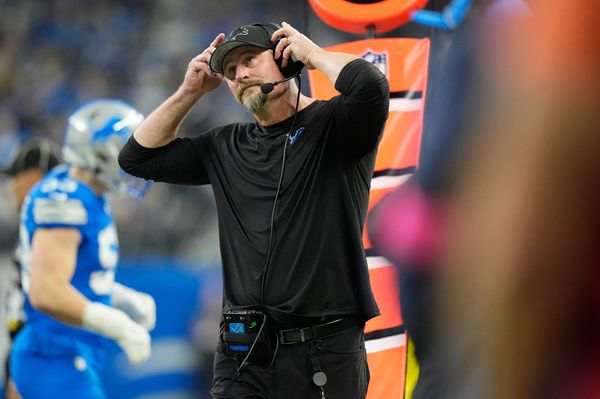
Miami (AFP) - Nikolas Cruz, the man who shot and killed 17 people at a Florida high school in 2018, will learn his fate in the next few days, when a jury decides between life in prison and execution.
Cruz has pleaded guilty to the massacre, so all that remains after nearly three months of often disturbing testimony is for the jury to decide on his punishment.
It has been a gut-wrenching experience for relatives of those gunned down at Marjory Stoneman Douglas High School in Parkland, a town north of Miami.
Lawyers defending Cruz, who is now 24, will present their final arguments on Tuesday.Jury deliberations begin the following day.
If the jury of seven men and five women does not vote unanimously for capital punishment, Cruz will be sentenced to life in prison with no possibility of parole.
On February 14, 2018, the then 19-year-old Cruz walked into the school carrying a high-powered AR-15 rifle.He had been expelled from the school a year earlier for disciplinary reasons.
In a matter of nine minutes, he killed 14 students and three school employees, then fled by mixing in with people frantically escaping the gory scene.
Police arrested Cruz shortly thereafter as he walked along the street.
Cold-blooded killer or troubled kid?
The next few days in the Fort Lauderdale courtroom will show whether the prosecution, led by Michael Satz, or the defense, under Melisa McNeill, has laid out a more persuasive case.
McNeill, a public defender, centered her strategy on Cruz's traumatic childhood.She argued that he was born with fetal alcohol stress disorder because his mother, who was homeless, drank heavily while pregnant with him.She also used drugs.
"He was poisoned in the womb," McNeill told the court back in August."His brain was irretrievably broken, through no fault of his own."
Cruz's birth mother gave him up in a brokered private adoption, McNeill said, but his adoptive mother also became an alcoholic, and he grew up in a broken home.
Cruz told the court that a family friend abused him sexually at age nine, and McNeill said his developmental and behavioral problems were never properly addressed.
Given the challenges he faced, she said, life in prison was a more appropriate punishment than execution.
Prosecutors, however, argued that Cruz knew exactly what he was doing when he walked into the school with a semi-automatic rifle and several ammunition clips.
Satz has said Cruz carried out a "cold, calculated, manipulative and deadly" act -- one he had announced in a video taped three days earlier.
Satz played a video of the shooting recorded by another student.Screams, cries and moans were punctuated by multiple shots as terrified students sought cover from bullets blasting through the classroom door.
Several anguished relatives of the victims fled the courtroom as the video was played, while others wept openly and hugged their loved ones.
Satz called former students who had witnessed the shooting to testify, and organized a trip for the jury to visit the school.
The prosecutor tried to discredit the idea that Cruz suffered from fetal alcohol syndrome.He elicited testimony from a neuropsychologist, Robert Denney, who accused Cruz of faking brain problems by intentionally doing poorly on psychological tests.
Denney argued that the very fact that Cruz acted with premeditation showed that he understands reality and can control his actions.
Gun control
The shooting stunned the nation and reignited debate on gun control, since Cruz had legally purchased the gun he used, despite his history of mental issues.
On March 24, 2018, nationwide marches inspired by school shooting survivors and parents of victims brought together 1.5 million people -- the largest public turnout ever in defense of stricter gun control laws in America.
But the Parkland shooting prompted no significant reform and gun sales have continued to rise.
There have been more mass shootings, including one in Uvalde, Texas, in May that left 19 young children and two adults dead at an elementary school.
After the latest shootings, Congress did pass legislation to increase funding for school security and mental health care.







